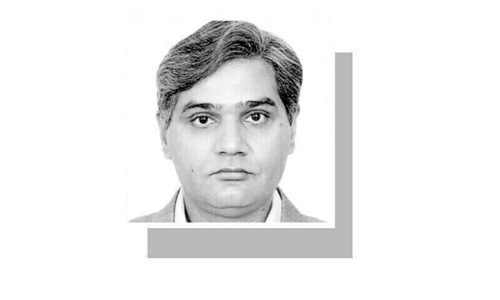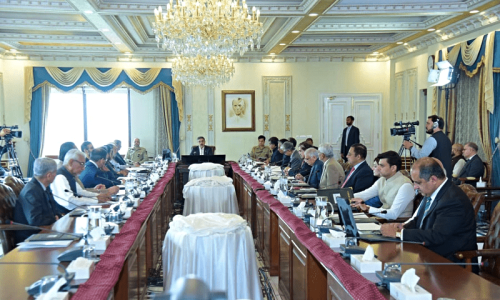THE nation is glad to bid adieu to the caretakers. The day could not have come sooner. Interim governments are supposed to have a limited mandate tailored for the limited time they are given in office. They are expected to keep their head down, keep the country running day-to-day, and provide an enabling environment for the smooth transfer of power within the 90-day deadline set in the Constitution.
As a rule, caretaker governments should be entirely unremarkable and completely forgettable; instead, these last interim governments will be remembered for the controversial legacy they leave behind. They not only overstayed their lawful term, they also wore out their welcome due to several key appointees’ unwillingness to keep within their lane. And, by the end of it all, the caretakers somehow managed to leave the country in an even worse shape than it had been when they had taken over.
The period between August 2023 and March 2024 will be remembered for the intensified oppression of already marginalised communities, the uprooting and expulsion of Afghan refugees, the repression of a certain political party, the curtailment and evisceration of democratic norms, possibly the most controversial general election held in recent history, and the reversal of hard-fought digital freedoms. As the country slid deeper and deeper into the abyss, the interim government either stood by and did nothing or made excuses for the various forces responsible for trampling upon the Constitution and abusing the law.
Had the caretakers focused on their task and sought to deliver conscientiously, according to the terms under which they were entrusted with the responsibility, the country may by now have been on the path to healing. For this, there is no forgiveness for the caretakers’ failures. The country will continue paying the price for their complacency for a very long time.
Things perhaps may have turned out differently had the country been handed over to leaders with fewer personal ambitions. Alas, some of the caretakers seemed to consider their appointment an opportunity to demonstrate their ‘utility’. The prime minister repeatedly gaslighted the victims of state excesses and also demonstrated a knack for doublespeak, especially when confronted with the failings of his government. The IT minister would have nary a clue about the internet restrictions that were enforced willy-nilly under his watch.
The journalist appointed information minister had great difficulty getting along with a free press. There was also the interior minister, who controversially resigned just a month and a half before the elections to contest a seat. To be fair, a few of the appointees did quietly manage to accomplish something positive. Unfortunately, their contributions will not amount to much when this period is reviewed in history. Thankfully, we can now move on.
Published in Dawn, March 6th, 2024















































Dear visitor, the comments section is undergoing an overhaul and will return soon.